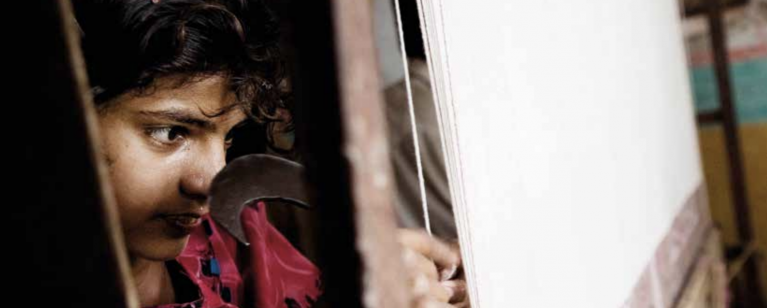
“I learned that all are equal before the law and the law prohibits discrimination on the basis of caste, only after attending the Nalam Peer Education programme."
In my village, we are not treated equally by other castes. Other castes think that talking to us is below their dignity and they will not give us any respect. It used to bother me so much and I did not understand why they should treat us like this. I used to get angry and I used to hate them. But now I am teaching my colleagues that when we are discriminated against by other castes, we should not feel bad or keep quiet but we should make them to realise that all human beings are equal.
These things, we do not face here but we are facing so much back home. When I go home on a leave, I will share this information to everyone like me in my village.
